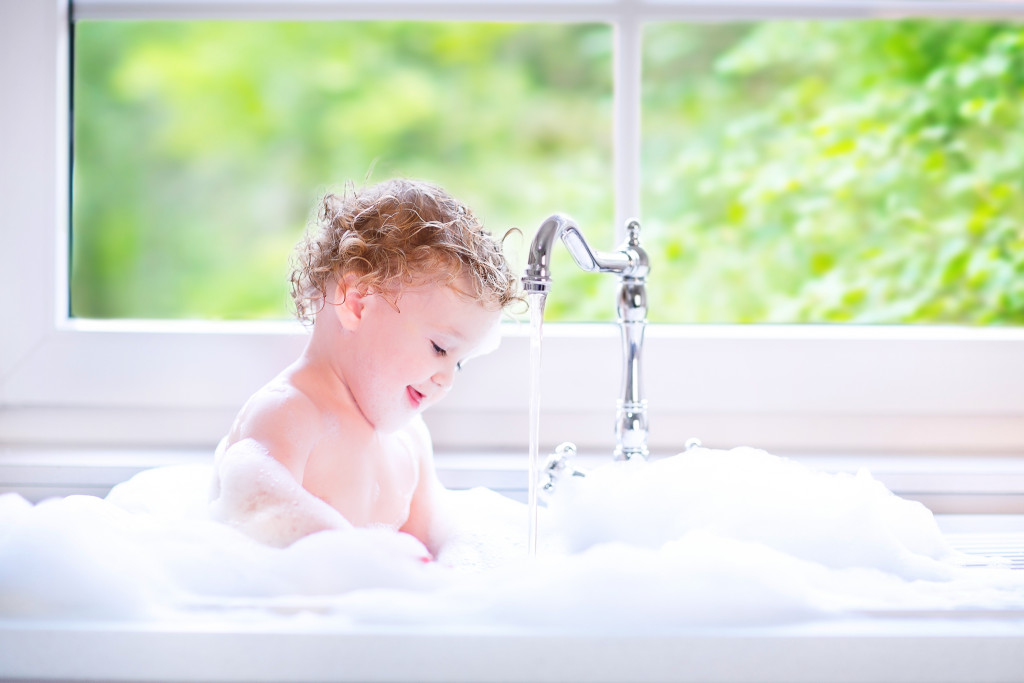When you’re pregnant, there are a lot of things to think about. What will the baby look like? Or how will they be like as a person? Although you might have a lot of questions, what you don’t have to worry about is what to expect when it comes to taking care of your newborn.
One of the most important things to remember is that every baby is different. What works for one may not work for another, so be prepared to experiment a bit and find what works best for your child.
The Basics of Taking Care of a Newborn Baby
It’s a good idea to have everything you need before your child is born so that when they arrive, the transition isn’t too difficult. But of course, newborns always come when they’re ready, and your baby will probably be a bit different from the ones in books or online.
As a general rule, the first few days will be the hardest. Most babies will sleep for 12 hours or more at a time, but don’t be surprised if yours wakes up every few hours. Crying is a baby’s only way to communicate in the beginning, so take this time to get to know your child and their needs. With that said, here’s what you need to know when taking care of a newborn:
Feeding your baby
Feeding is probably one of the most time-intensive parts of having a newborn. Breastfeeding is natural, but not always easy for first-time parents, so if you’re bottle-feeding, be prepared to do it every two to three hours for the first few months of your child’s life.
Feeding on demand is the best way to make sure your baby gets enough food. If you feed too often or give them more than they need, they’ll just spit it up and be hungry again soon. If you’re bottle-feeding, a good rule of thumb is to give them one ounce of formula for every pound they weigh, so a five-pound baby would get 5oz (189 g) at each feeding.
Bathing your baby
Babies don’t need to be bathed daily; it’s enough to wash your baby twice or thrice a week at the maximum. The process is simple: put a small amount of gentle baby soap on their body and wipe them clean with a warm washcloth.
Be sure to wipe from the neck down, and pay special attention to creases like their wrists and ankles. Keep in mind that newborns have very sensitive skin, so be sure to put a very small amount of soap on the cloth and make sure it’s plain hypoallergenic baby soap.

Changing your baby’s diapers
Newborns typically need to be changed about eight times a day or more, but they’ll slow down as they get older. When you change their diaper, be sure to clean their genitals with a wipe. Girls should be wiped from front to back to avoid any urinary infections, and boys should be wiped from back to front.
You don’t need to use diaper cream unless your baby gets a diaper rash, which should be treated with a diaper rash cream meant for newborns. The best way to avoid diaper rashes is to make sure your baby’s bottom is dry before putting on a fresh diaper.
Getting your baby to sleep through the night
Newborns sleep a lot, but they don’t necessarily sleep all night. Some babies will stay up for an hour or two at a time and others will stay up for six hours. This is normal and you shouldn’t worry unless your baby is waking up every hour, so instead of putting them back to sleep, let them know you’re there by patting their backs until they fall asleep again.
Most babies will sleep through the night by the time they’re between 6 and 10 weeks old. This is because their stomachs are big enough to handle more food without waking them up, but it also helps if you put them to bed earlier. Try putting your baby in their crib when they’re drowsy but still awake, and once they go to sleep, don’t let them stay up late.
Keeping your baby safe and healthy
As a new parent, you’re probably wondering how to keep your child safe when there are so many dangerous things in the world. The truth is that it’s impossible to stop all accidents from happening, but there are some things you can do to reduce the risk.
For instance, you should always use a baby monitor when your child is sleeping. Even if they’re in the same room as you, this lets you hear any crying or other sounds that might indicate that something’s wrong. And if you’re worried that your baby’s running a fever, don’t hesitate to take them to immediate care for pediatric patients. This way, you can be sure that your child is healthy and happy.
Parenthood is a job that comes with many responsibilities. But if you follow this guide, your baby will be perfectly safe and healthy until they’re big enough to run around on their own. So, try not to worry too much about everything, and remember that no matter what, your baby loves you. You are their parent after all!




